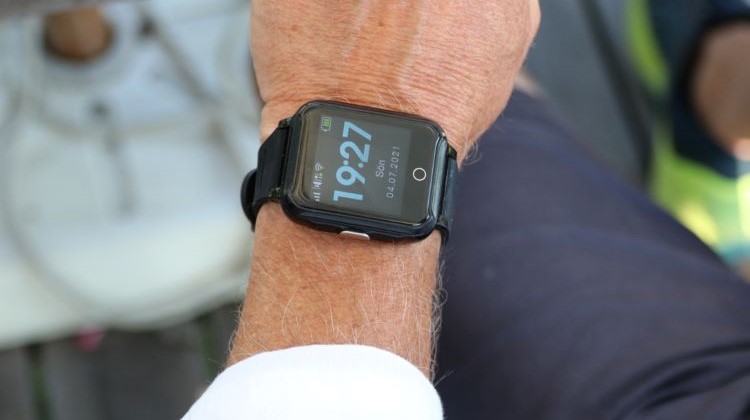What is Lewy body dementia?
Lewy body dementia has similar symptoms with other neurodegenerative diseases
Lewy body dementia is a form of dementia that can be difficult to diagnose because of its similar symptoms to other neurodegenerative diseases such as Parkinson’s disease and Alzheimer’s disease. It is named after the Lewy bodies, abnormal accumulations of protein, found in the brain cells of people with the disease.
Symptoms include memory loss and confusion
Symptoms of Lewy body dementia vary but usually include memory loss, confusion, problems with attention and movement, and visual hallucinations. Many sufferers also experience insomnia and emotional swings. These symptoms can come and go and can be confused with other conditions, making diagnosis challenging.
The course of the disease is usually progressive
The course of Lewy body dementia is usually progressive, meaning that symptoms worsen over time. Early stages can include memory problems and confusion, while later stages can lead to difficulty performing everyday tasks and an increased risk of falls and other injuries.
The cause of Lewy body dementia is not fully understood
The cause of Lewy body dementia is not fully understood, but there is a link to accumulations of protein in the brain cells, specifically alpha-synuclein, which forms Lewy bodies. These accumulations interfere with the normal functioning of the brain and lead to the loss of nerve cells and memory loss. Research is ongoing to better understand the mechanisms of the disease and develop treatments.
Diagnosing Lewy body dementia usually requires a thorough medical evaluation
Diagnosing Lewy body dementia usually requires a thorough medical evaluation, including neurological tests and sometimes imaging tests such as magnetic resonance imaging (MRI) or computed tomography (CT) to rule out other causes of the symptoms.
The treatment of Lewy body dementia focuses on alleviating the symptoms and improving the quality of life of the affected person. It may include medication to manage movement disorders and hallucinations, as well as therapy and support to help manage behavioral and cognitive challenges.
READ ABOUT HOW SENSOREM’S PERSONAL ALARM CAN HELP PERSONS SUFFERING FROM DEMENTIA

